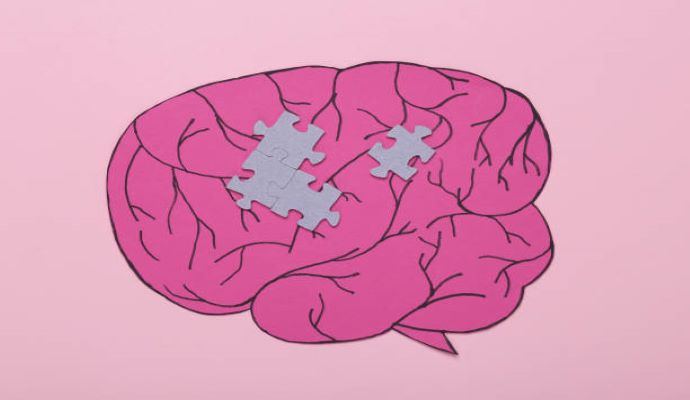NIH-Funded Nature Study Identifies Biomarkers for Chronic Pain
In a Nature Neuroscience study funded by the NIH, researchers identified biomarkers for chronic pain using surgically implanted electrodes.

Source: Getty Images
- On May 22, 2023, Nature Neuroscience published a study identifying chronic pain biomarkers and potential pain management treatment targets. The study was funded by the NIH Brain Research Through Advancing Innovative Neurotechnologies (BRAIN) Initiative and the Helping to End Addiction Long-Term (HEAL) Initiative.
“When you think about it, pain is one of the most fundamental experiences an organism can have,” said Prasad Shirvalkar, MD, PhD, associate professor of anesthesia and neurological surgery at the University of California, San Francisco, and lead author of this study, in the NIH press release. “Despite this, there is still so much we don’t understand about how pain works. By developing better tools to study and potentially affect pain responses in the brain, we hope to provide options to people living with chronic pain conditions.”
Focusing on the anterior cingulate cortex (ACC) and the orbitofrontal cortex (OFC) — the areas of the brain thought to respond to pain based on functional magnetic resonance imaging (fMRI) studies — the researchers analyzed changes in brain activity surgically implanted electrodes.
The study recruited four post-stroke and phantom limb pain participants in a 3:1 ratio. One research component involved surgically implanting electrodes that tracked electrical activity from the ACC and OFC. Patients were asked to report their pain level, strength, type, and emotional impacts throughout the day. During each stage of pain description, patients used a remote-control device to signal the electrodes to record brain activity.
Half of those participants also had their brain activity monitored during acute pain episodes induced by heat application.
After applying machine learning technology, researchers noted a pattern of electrical changes in the OFC associated with chronic pain significantly different from patterns linked to acute pain. In addition, the researchers found they could predict pain severity scores with neural activity.
“This is a great example of how tools for measuring brain activity originating from the BRAIN Initiative have been applied to the significant public health problem of relieving persistent, severe chronic pain,” said Walter Koroshetz, MD, director of the National Institute of Neurological Disorders and Stroke, part of NIH, in the release. “We are hopeful that building from these preliminary findings could lead to effective, non-addictive pain treatments.”
